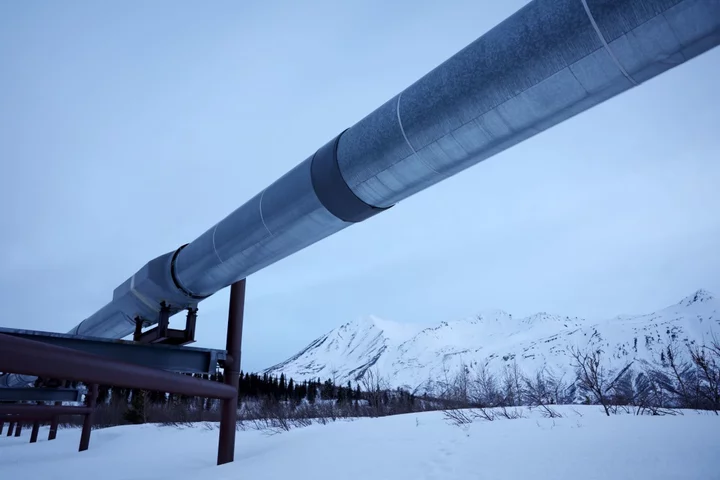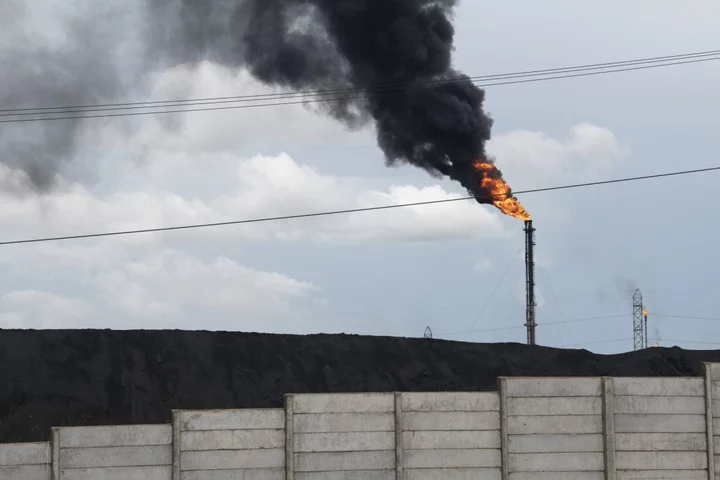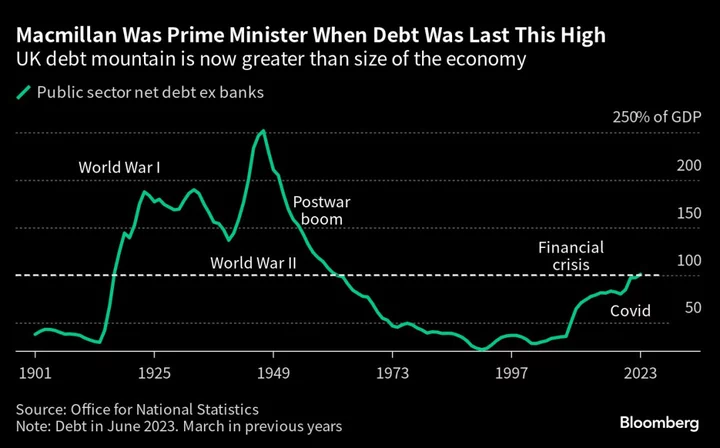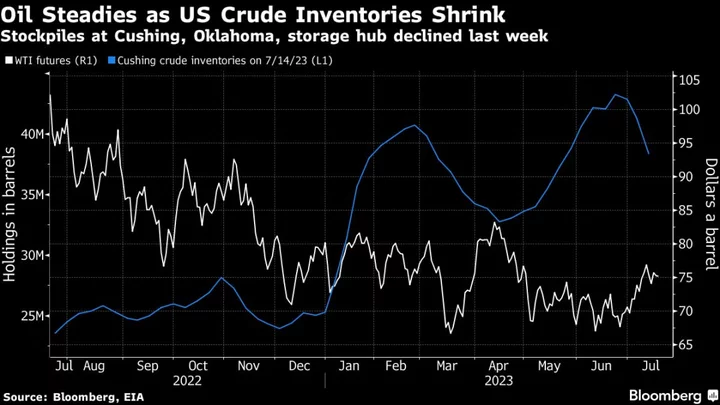The Biden administration is taking steps to thwart oil development in remote reaches of Alaska by canceling leases to drill in the Arctic National Wildlife Refuge and setting up plans for more conservation in the state’s petroleum reserve.
The moves come in the wake of the administration’s controversial decision to approve ConocoPhillips’s 600-million-barrel Willow oil project in the National Petroleum Reserve-Alaska. The initiatives announced Wednesday target territory in northern Alaska, long prized for its oil and gas potential — but also for its rich habitat, home to waterfowl, caribou, polar bears and other wildlife.
“As the climate crisis warms the Arctic more than twice as fast as the rest of the world, we have a responsibility to protect this treasured region for all ages,” President Joe Biden said in a statement.
The Interior Department is canceling leases sold in a January 2021 auction of parcels in the Arctic National Wildlife Refuge’s Coastal Plain that was mandated by Congress, Interior Secretary Deb Haaland said Wednesday. In 2017, Congress mandated two sales of Coastal Plain leases by the end of next year, to pay for tax cuts.
“No one will have rights to drill for oil in one of the most sensitive areas on Earth,” Haaland told reporters.
Haaland said the cancellation comes after the department found the Trump administration’s environmental review of the 2021 sale of leases in ANWR’s Coastal Plain was inadequate and not legally defensible. Biden had earlier ordered the suspension of those leases while Interior reviewed the sale.
The affected leases are held by the Alaska Industrial Development and Export Authority, the state’s economic development agency. Another lease sold in the auction had already been forfeited by Regenerate Alaska Inc.
Although it would take years to develop the leases and produce any oil and gas from the tracts, the moves appear to run counter to Biden’s earlier demands that US oil companies boost output. And the announcement is set to follow Saudi Arabia’s decision to prolong a million-barrel-a-day oil supply curb into December that sent the global oil benchmark above $90 a barrel.
Read More: Biden Backs $8 Billion Oil Project, Imperiling Green Agenda
However, the development is consistent with the Biden administration’s push to protect 30% of land and waters by 2030 — as well as the president’s promises to combat climate change. The International Energy Agency has warned the world must forsake developing new oil and gas fields to avert the most catastrophic consequences of global warming and reach net-zero emissions by 2050.
Oil industry leaders and their allies on Capitol Hill blasted the action, saying it further deters investment in new energy production. “This industry needs clear, consistent policies in place to support the long-term investment needed to produce affordable, reliable energy, but the Biden administration instead continues to send the wrong signals,” said Holly Hopkins, the American Petroleum Institute’s president of upstream policy.
Alaska’s congressional delegation cast the moves as irresponsible, with Republican Senator Lisa Murkowski saying they represented “incoherent energy policy.”
Abigail Dillen, president of Earthjustice, praised the decision to cancel the refuge leases, saying it “undoes an egregious attack on this cherished place” that “will help to vindicate the rights of indigenous people and protect vital habitat.”
The agency also is moving to strengthen protections for roughly 13 million acres (52,600 square kilometers) in the 23-million-acre National Petroleum Reserve-Alaska. A proposed rule by the agency would establish an outright prohibition on any new leasing in 10.6 million acres, or more than 40%, of the NPR-A. The agency also aims to allow the designation of special protected areas in the NPR-A at least every five years, with safeguards meant to ensure they cannot be easily undone.
“Oil and gas drilling in the Arctic Refuge is incompatible with the long-term survival of the Arctic, the Gwich’in Nation’s way of life, and life as we know it,” said Sierra Club executive director Ben Jealous. “By protecting these landscapes and canceling these leases, the White House has made it clear they will take bold action to avert climate catastrophe.”
The initiative will not affect existing leases in the reserve, including at ConocoPhillips’ Willow project. Yet the effort is likely to inflame tensions with oil industry leaders and their allies on Capitol Hill, who argue the administration is unfairly constraining energy development in the Indiana-sized reserve set aside for oil supply needs roughly a century ago.
(Adds statements from American Petroleum Institute and Senator Lisa Murkowski.)
Author: Jennifer A. Dlouhy and Ari Natter









